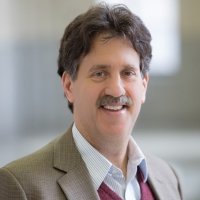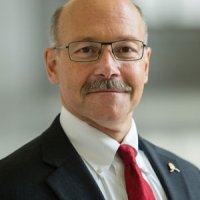Polar Guardians: Coast Guard Icebreaking in the High Latitudes
For the past two years, the U.S. Coast Guard Academy’s Center for Arctic Study & Policy (CASP) has worked to record “sea stories” from previous generations of icebreaker sailors and captains. The result is a 27-minute documentary showcasing original sea stories, high-quality photography, and a unique narrative of the challenges faced on ice-covered oceans from the 1950s to the 1970s. Not only will this documentary provide context to the U.S. Coast Guard’s newest members as they embark on their first icebreaker tours, but also communicate to the public the critical importance of the polar regions and the sailors who patrol their waters.
On December 18th, please join the Wilson Center’s Polar Institute and CASP for the first public screening of the documentary, “Polar Guardians: Coast Guard Icebreaking in the High Latitudes.” The film will be introduced by the Admiral Karl L. Schultz, the 26th Commandant of the Coast Guard, who will address both the legacy and the future of Coast Guard missions in the polar regions. An expert panel to follow the documentary's release will feature Fran Ulmer, former chair of the U.S. Arctic Research Commission, and Admiral Thad Allen, 23rd Commandant of the U.S. Coast Guard.
Introduction

Keynote Speakers



Moderator

US Ambassador-at-Large for Arctic Affairs; Former Chair, US Arctic Research Commission
Hosted By

Polar Institute
Since its inception in 2017, the Polar Institute has become a premier forum for discussion and policy analysis of Arctic and Antarctic issues, and is known in Washington, DC and elsewhere as the Arctic Public Square. The Institute holistically studies the central policy issues facing these regions—with an emphasis on Arctic governance, climate change, economic development, scientific research, security, and Indigenous communities—and communicates trusted analysis to policymakers and other stakeholders. Read more


History and Public Policy Program
A leader in making key foreign policy records accessible and fostering informed scholarship, analysis, and discussion on international affairs, past and present. Read more

